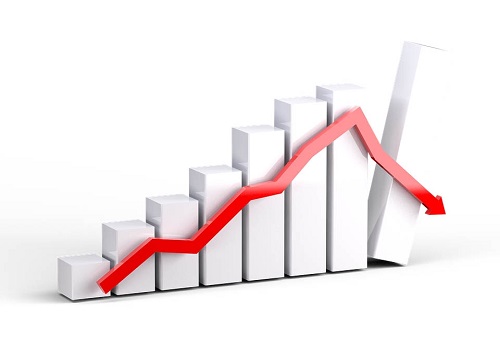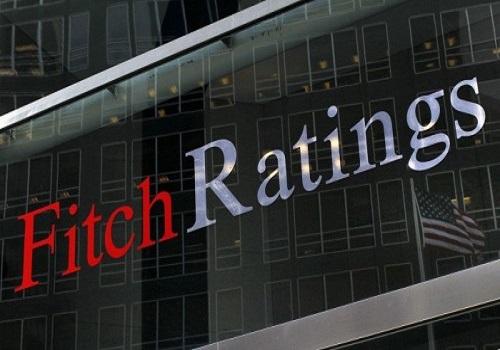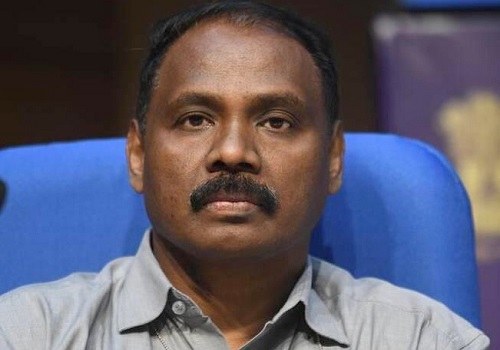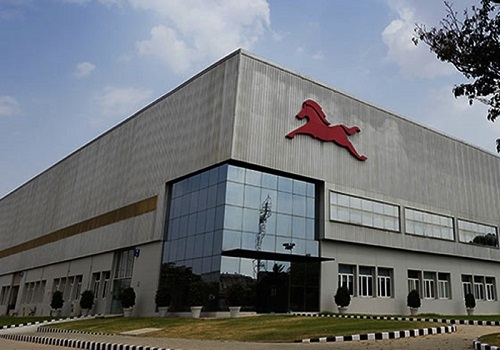Shortage of DAP may lower its usage in FY22: Ind-Ra
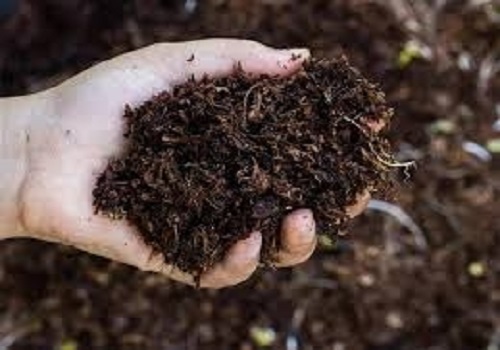
Follow us Now on Telegram ! Get daily 10 - 12 important updates on Business, Finance and Investment. Join our Telegram Channel
Elevated prices of fertilisers along with shortage of Di-Ammonium Phosphate (DAP) are likely to result in lower usage of the fertilisers in FY22, India Ratings and Research said.
This would result in consumers switching to either single super phosphate (SSP) or nitrogen, phosphorus and potassium (NPK) compounds as alternatives.
"However, the decline in DAP usage could be lower than that seen historically, as the government had increased the subsidy amount considerably in May 2021 and then again in October 2021 to counter the impact of high prices.
"Players with backward integration in DAP manufacturing would reap higher benefits than those without it, as the spread between rock phosphate and phosphoric acid (a key input in manufacturing DAP) remains strong," Ind-Ra said.
According to the ratings agency, if the trend of higher fertiliser prices are to continue, either the support from the government might be further increased or the retail prices to farmers would have to be increased by the industry. The latter is likely to result in DAP demand declining more, it said.
"International fertiliser prices have increased by 80 per cent YoY on the back of higher phosphorus prices, export ban on fertilisers and raw materials by China and higher energy prices," it said.
In domestic markets, prices of DAP remained unchanged even though the government had increased the subsidy multifold, the ratings agency said.
Ind-Ra said the Centre has asked fertiliser companies to remain considerate of the price hikes and has clarified that further subsidy increases could be difficult to come by till March 2022.
"Thus, if the prices of DAP are to further inch up, there exists limited room with the players. Hence, the players could look at lowering imports if the margins on such trading sales are not remunerative or they could look at alternatives such as NPK or SSP," it added.
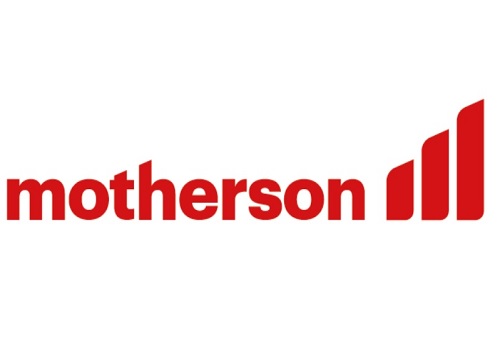

.jpg)
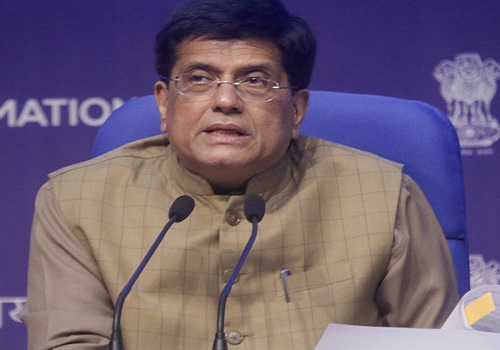

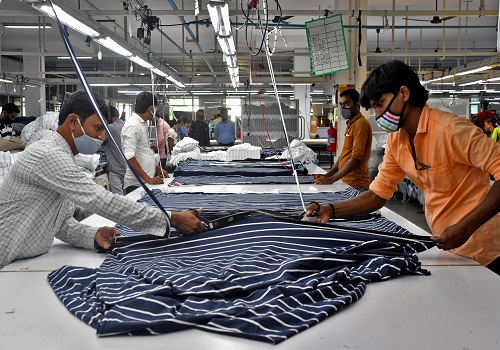

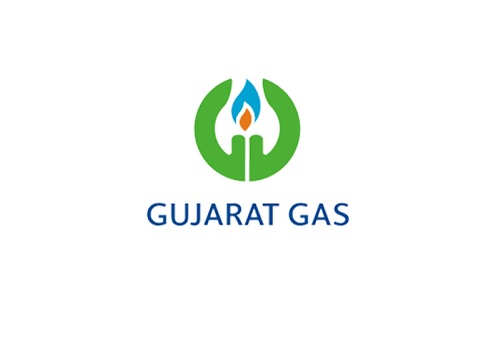
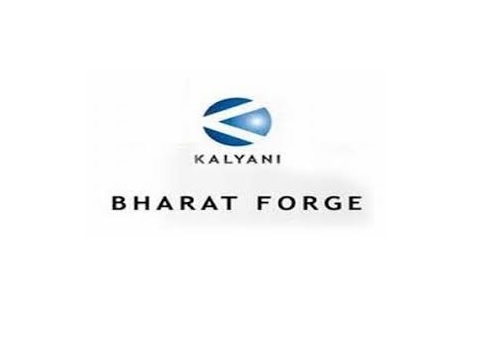
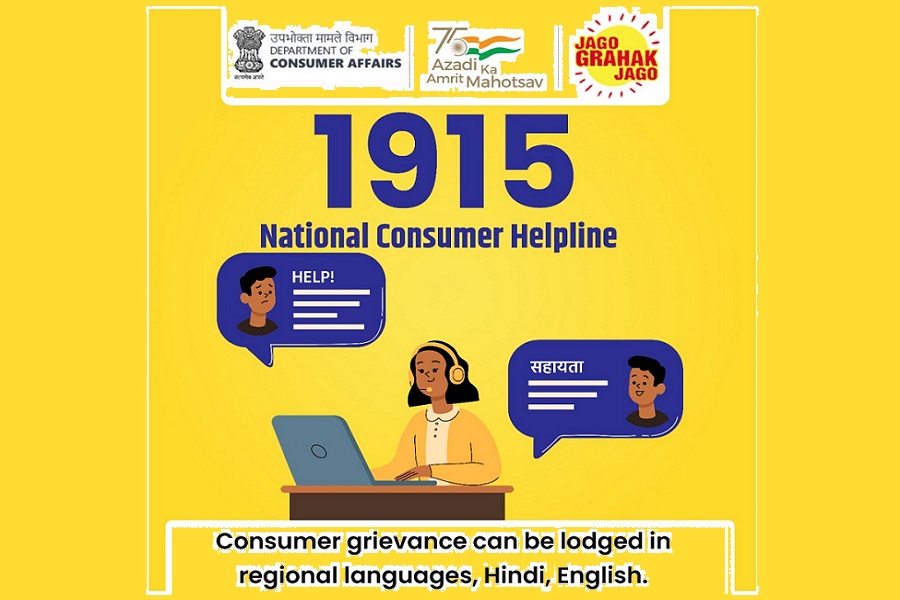
Tag News

Pharma companies likely to maintain momentum on growth, profitability in regulated markets: ...
